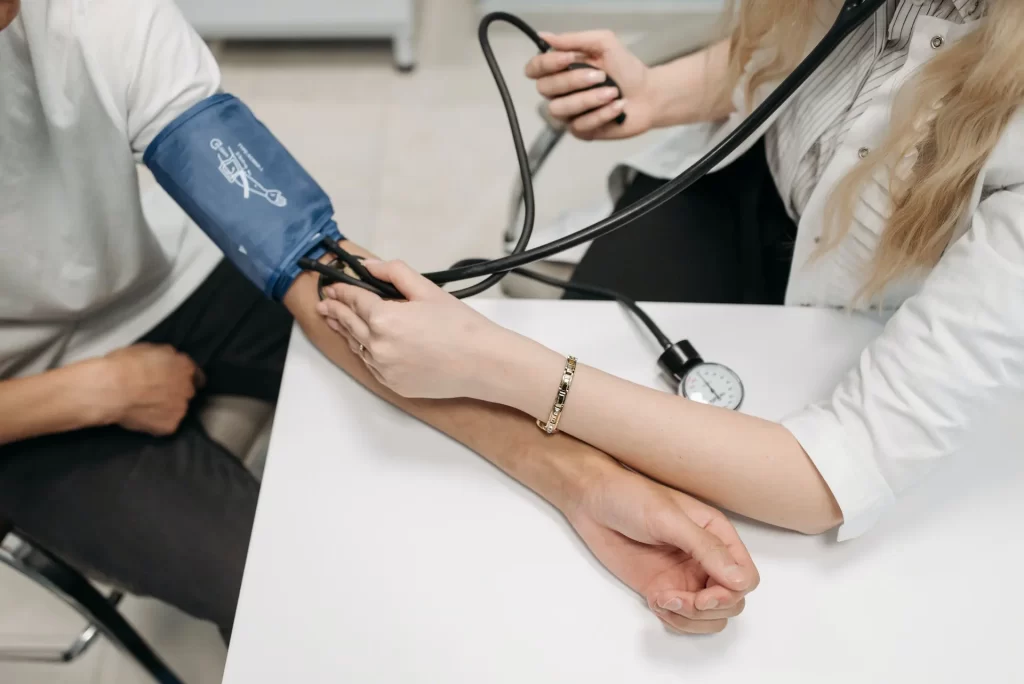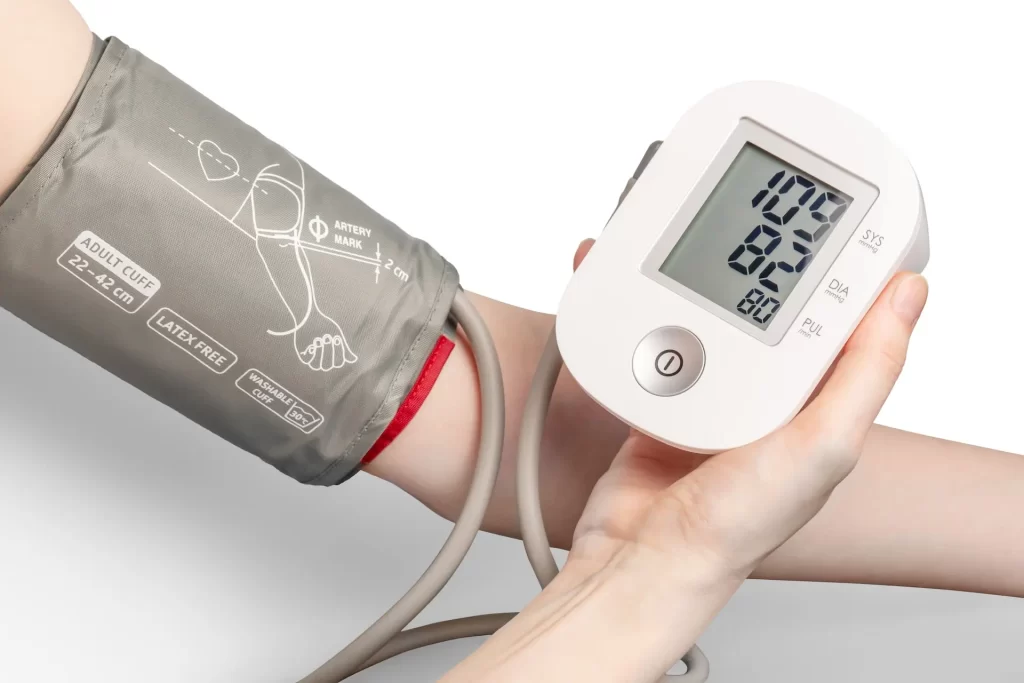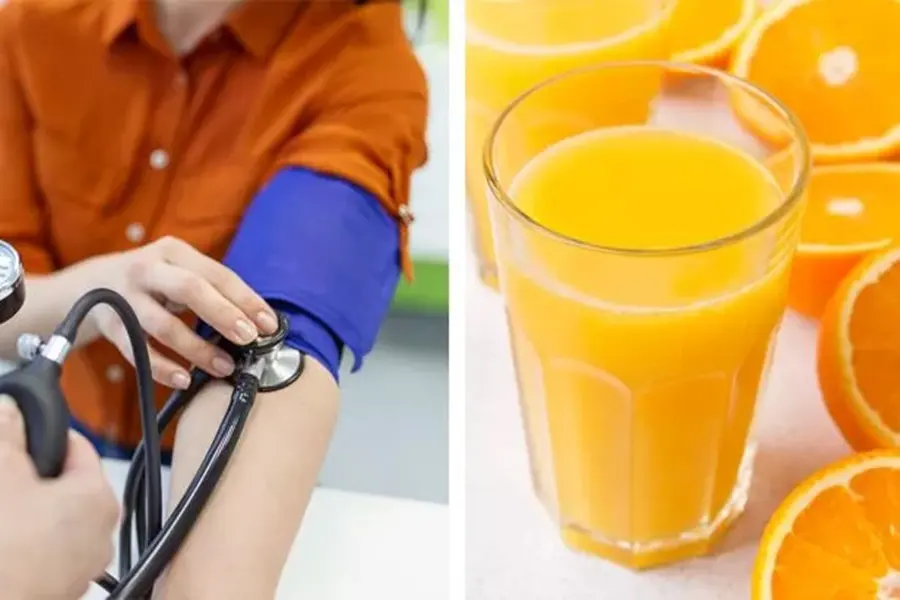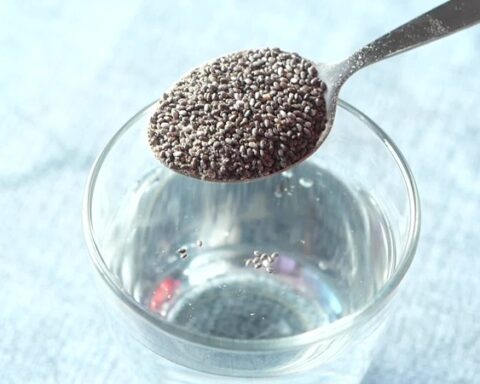Table of Contents
26 Sep 2023 (Mirror): High blood pressure can lay a harmful groundwork to heart attacks and strokes, but new research suggests how a daily small glass of a common drink could help.
Around a third of all adults in the UK have the condition – also known as hypertension – which can put serious extra strain on the body if left untreated. But a study, published in the PLOS ONE journal, suggests how fruit juice can bring a blood pressure reading down.
It doesn’t really matter whether it’s apple or orange – just make sure you go for the 100 per cent fruit option. Based on 93 previous studies, the new research assessed a dozen different sugar-containing foods to help understand how dietary choices affect hypertension.
The research team from the University of Toronto found that a modest amount of fruit juice led to average ‘small important reductions’. The juice that contained only natural sugar was able to shave off 3.7mmHg of systolic blood pressure, the pressure inside arteries when the heart is beating.
So how does the drink influence hypertension? Well, it all comes down to the juice’s vitamin and flavonoid content, which offer a protective effect on the cardiovascular system and can reduce inflammation, say researchers.
Interestingly, the equivalent sugar intake from a mix of sugar sources including cola resulted in an average increase in systolic blood pressure of 6.9mmHg. The greatest benefits to blood pressure were linked to long-term intakes of 50 to 150 ml daily glass of the fruit beverage.
But it’s important to know that eating whole fruit, which of course also contains fibre, had an even larger benefit. Overall, the study supports previous evidence that drinking a daily glass of 100 per cent fruit juice daily could reduce a blood pressure reading.
The researchers explained that public health guidelines aimed at helping people prevent and manage hypertension should differentiate between natural and added sugars.
The lead author Professor John Sievenpiper said: “Our research indicates benefit on blood pressure from moderate intakes of 100 percent fruit juice which contains only natural sugars.
“The available evidence provides a good indication that fruit and 100 percent fruit juice at low doses leads to small important reductions in blood pressure.”

High blood pressure often has no symptoms
Academic medical centre Mayo Clinic, based in the US, warns: “Most people with high blood pressure have no signs or symptoms, even if blood pressure readings reach dangerously high levels.”
The NHS says the only way to know if your blood pressure is high is to get it checked. Anyone over the age of 40 is advised to book a reading at least every five years. The Cleveland Clinic explains a blood pressure reading is made up of two numbers – one ‘systolic’ and the other ‘diastolic’.
It says: “The top number is the systolic blood pressure, which measures the pressure on the blood vessel walls when your heart beats or contracts. While the bottom number is the diastolic blood pressure, which measures the pressure on your blood vessels between beats when your heart is relaxing.”
As a general guide:
- High blood pressure is deemed to be 140/90mmHg or higher (or 150/90mmHg or higher if you’re over the age of 80)
- Ideal blood pressure is usually said to be between 90/60mmHg and 120/80mmHg
Generally there are few symptoms that point towards hypertension, but the following can sometimes be a sign.
- Shortness of breath
- Headaches
- Blurred vision
- Nosebleeds
- Chest pain
- Dizziness

What else can I do to bring my blood pressure down?
Blood Pressure UK says it’s sensible to limit alcohol and to lose weight if you need to. Also, try not to consume a lot of caffeine and quit smoking.
The charity also says physical activity is a great way to reduce your risk of heart and circulatory disease and bring down blood pressure and cholesterol. If you have concerns that you could have high blood pressure, talk to your GP.





